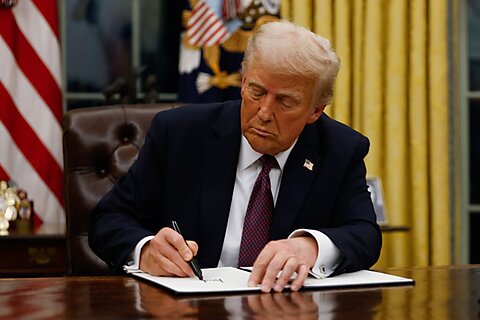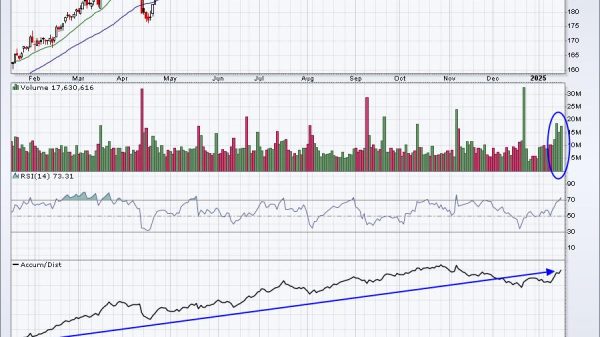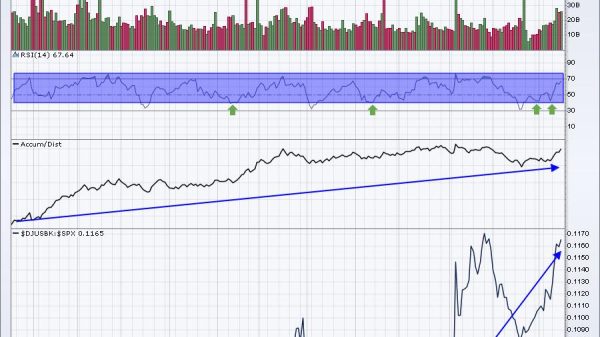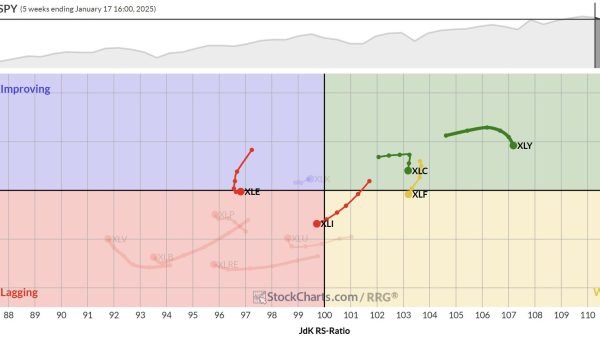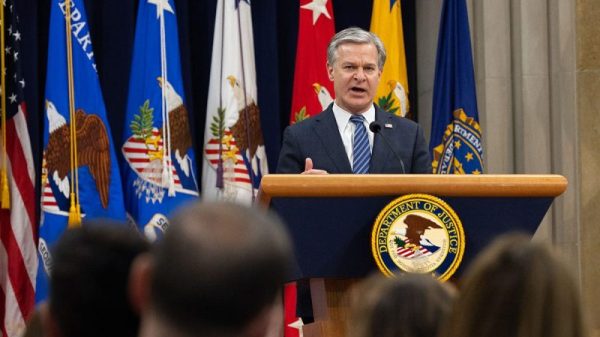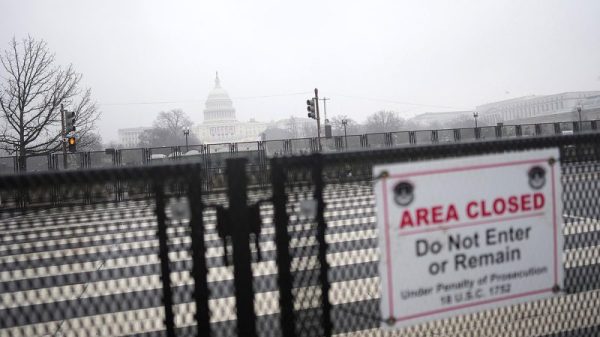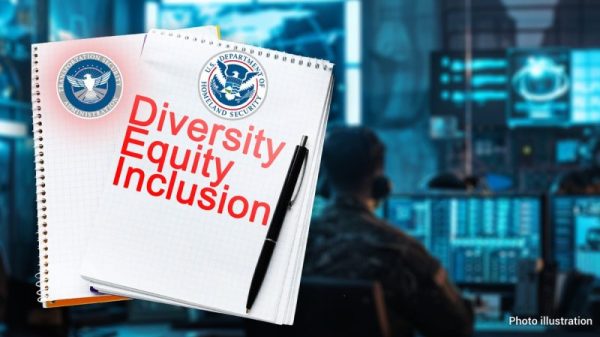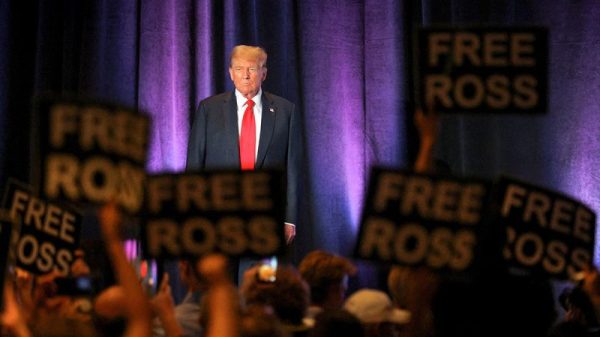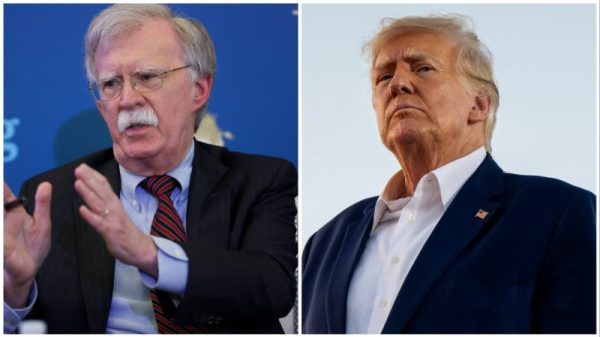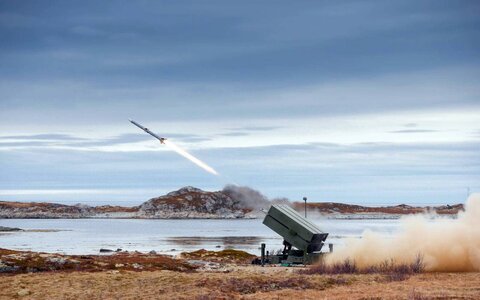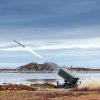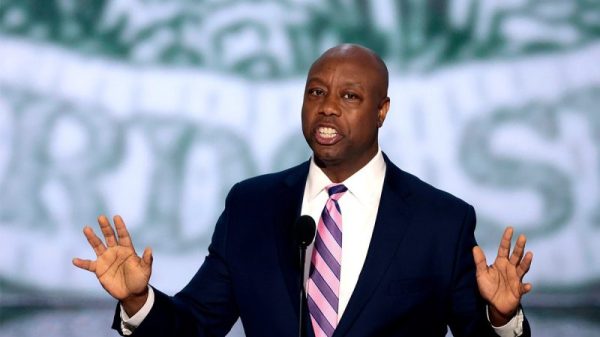
Many Western leaders, such as President Joe Biden and British Prime Minister Keir Starmer, say NATO expansion, including membership for Ukraine, is vital to Europe’s collective security. But an ever-growing NATO—spearheaded by the United States—seems to contradict what one of its principal architects, Dwight D. Eisenhower, envisioned for the organization. Further, proposed membership for Ukraine helped trigger Russia’s 2022 invasion, a war that has reportedly killed several hundred thousand Ukrainians and cost the US taxpayers $175 billion—so far.
A wiser policy for peace, as Cato and other libertarian scholars have advocated for decades, is to abandon efforts to expand NATO, resume the withdrawal of US troops from Germany, and let Europe take the lead in its own defense.
NATO started off in 1949 primarily to counter the Soviet Union and (in 1955) the Warsaw Pact. The USSR and the pact collapsed in 1991–some 33 years ago. Gen. Dwight D. Eisenhower, the former Supreme Allied Commander in Europe and a principal architect of NATO, wrote in 1951, “If in 10 years, all American troops stationed in Europe for national defense purposes have not been returned to the United States, then this whole project [NATO] will have failed.” Today there are about 100,000 US troops in Europe.
Despite Eisenhower’s benchmark, the dissolution of the USSR, and the end of the Cold War, NATO, like nearly all national security/defense programs, did not end. It grew. In 1949 there were 12 NATO member nations and now there are 32. The latest members, Finland and Sweden, joined, respectively, in 2023 and 2024.
That expansion happened in spite of assurances from US leaders to Russia in the early 1990s that NATO would not move beyond the borders of Germany. As Marc Trachtenberg reports in a new Cato policy analysis, Is There Life After NATO? US Secretary of State James Baker told Soviet leader Mikhail Gorbachev in February 1990, that, “if the Soviets allowed a reunified Germany to remain in NATO and US troops remained in that country, the alliance’s jurisdiction would not move ‘one inch to the east.’”
However, in late 1993 the Clinton administration decided to expand NATO to the east. Clinton’s team was well aware of the “assurances Gorbachev had been given in February 1990,” said Trachtenberg, but they were “determined to move ahead no matter how the Russians felt and no matter what promises had been made. The basic US attitude was that if Moscow did not like the idea, too bad for them.”
Those actions, along with others, caused the Russians to feel profoundly betrayed and humiliated. It produced “deep anti-American sentiment,” according to Russian expert Stephen Kotkin, professor emeritus of history at Princeton University. Diplomat and foreign policy icon George Kennan wrote in 1997 that expanding NATO “would be the most fateful error of American policy in the entire post-Cold War era.” In 1998 he said expansion “would make the Founding Fathers of this country turn over in their graves….”
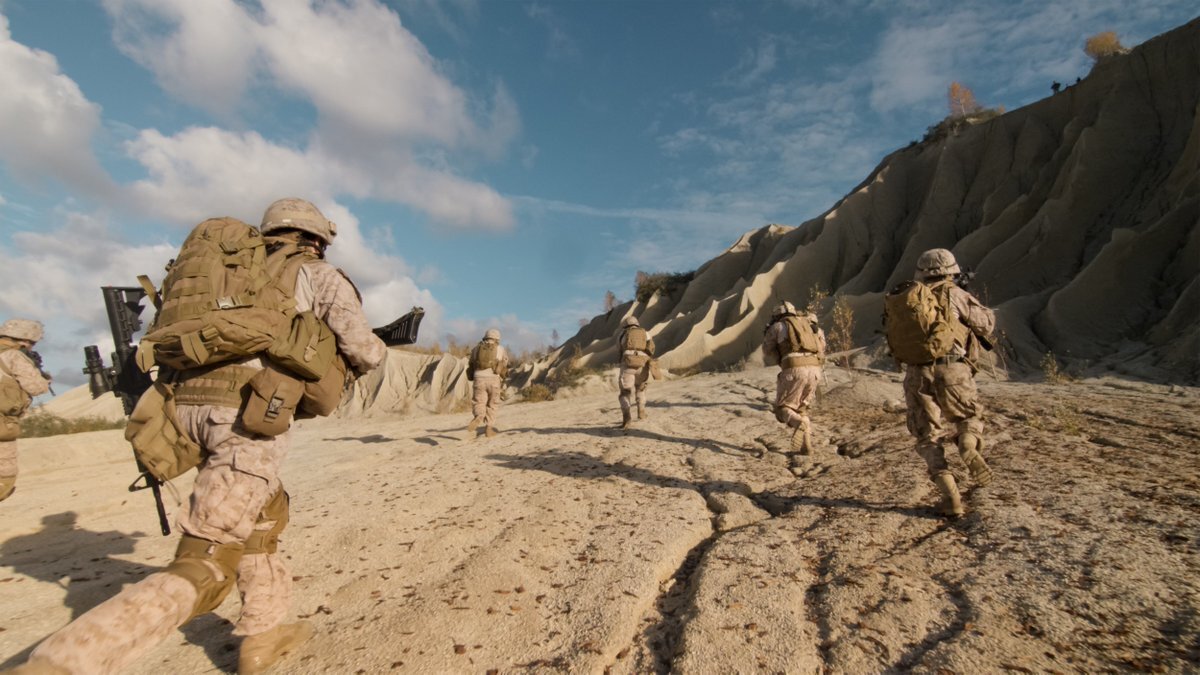
Despite the concern, at the 2008 NATO summit in Bucharest, the member nations agreed that “Ukraine will become a member of NATO.” Russian President Vladimir Putin subsequently declared that NATO forces on Russia’s border are “a direct threat to the security of our country. The claim that this process is not directed against Russia will not suffice.”
In December 2021, two months before invading Ukraine, Putin criticized the West, saying, “We remember, as I have mentioned many times before and as you know very well, how you promised us in the 1990s that [NATO] would not move an inch to the east. You cheated us, shamelessly: there have been five waves of NATO expansion…. We are not threatening anyone. Have we approached US borders? Or the borders of Britain or any other country? It is you who have come to our border, and now you say that Ukraine will become a member of NATO as well.”
Despite the war in Ukraine, which Russia appears to be winning, Western leaders are still pushing for Ukrainian membership in NATO and, apparently, further expansion of the alliance. On April 9, 2024, then-NATO Secretary General Jens Stoltenberg said, “Ukraine’s rightful place is in NATO. Ukraine will become a member of NATO.” That same month, Secretary of State Antony Blinken declared, “Ukraine will become a member of NATO. Our purpose of the summit is to help build a bridge to that membership and to create a clear pathway for Ukraine moving forward.”
At the NATO 75th anniversary summit in July, the 32 members said Ukraine is on an “irreversible” path to membership. “Ukraine’s future is in NATO,” they asserted in a statement. “We will continue to support it on its irreversible path to full Euro-Atlantic integration, including NATO membership.”
Commenting on the new NATO Secretary General Mark Rutte in October, President Biden said, “I have full confidence that he will continue to build on our work to create a NATO that is stronger, larger, and more resolute than ever in its mission to create a safer world for our peoples.” (Emphasis added.) Rutte himself said in October, “What we’re doing together is making Ukraine stronger, more interoperable with NATO, and better prepared than ever to join our Alliance. I believe that all this work clearly constitutes a bridge to NATO membership. Ukraine will join the Alliance, of course, when the time is right.”
That’s not wise policy, particularly for the United States.
“Kiev should be excluded because it is not in America’s or Europe’s security interest to go to war with nuclear-armed Russia over Ukraine,” said Senior Fellow Doug Bandow. “For most of America’s history, Ukraine was ruled from Moscow, which never caused anyone in Washington concern. Putin has shown no interest in expanding westward and warned against Ukraine’s inclusion in NATO because he did not want to face a war with the U.S. through the alliance.”

“US officials should begin preparing for a European designed and led defense system,” added Bandow. “Eight decades after World War II the world has changed. … Europeans should take over responsibility for their own futures.”
Cato’s Justin Logan and Joshua Shifrinson write, “Membership in NATO encompasses a commitment by the allies to fight and die for one another. Partly for this very reason, its members worked throughout the post–Cold War era to avoid expanding the alliance to states that faced a near-term risk of being attacked. NATO leaders have also long understood that admitting Ukraine involves a very real possibility of war (including nuclear war) with Russia.”
America must ”abandon efforts to expand NATO,” states the Cato Handbook for Policymakers (9th Edition).
In his policy analysis, Trachtenberg says, “The world will not end if the United States withdraws from the alliance. The Europeans, with a combined GDP (by some estimates) roughly five times as large as Russia’s, are certainly capable of defending themselves, and if America withdrew, they would have little choice but to work out some system for doing so.”
In his farewell address of September 1796, President George Washington wrote, “The great rule of conduct for us, in regard to foreign nations, is in extending our commercial relations, to have with them as little political connection as possible. Europe has a set of primary interests, which to us have none, or a very remote relation. Hence she must be engaged in frequent controversies the causes of which are essentially foreign to our concerns. Hence, therefore, it must be unwise in us to implicate ourselves, by artificial ties, in the ordinary vicissitudes of her politics, or the ordinary combinations and collisions of her friendships or enmities … it is our true policy to steer clear of permanent alliances with any portion of the foreign world….”
Washington was right then, and he is right now. Let’s end NATO expansion and bring the boys back home.










